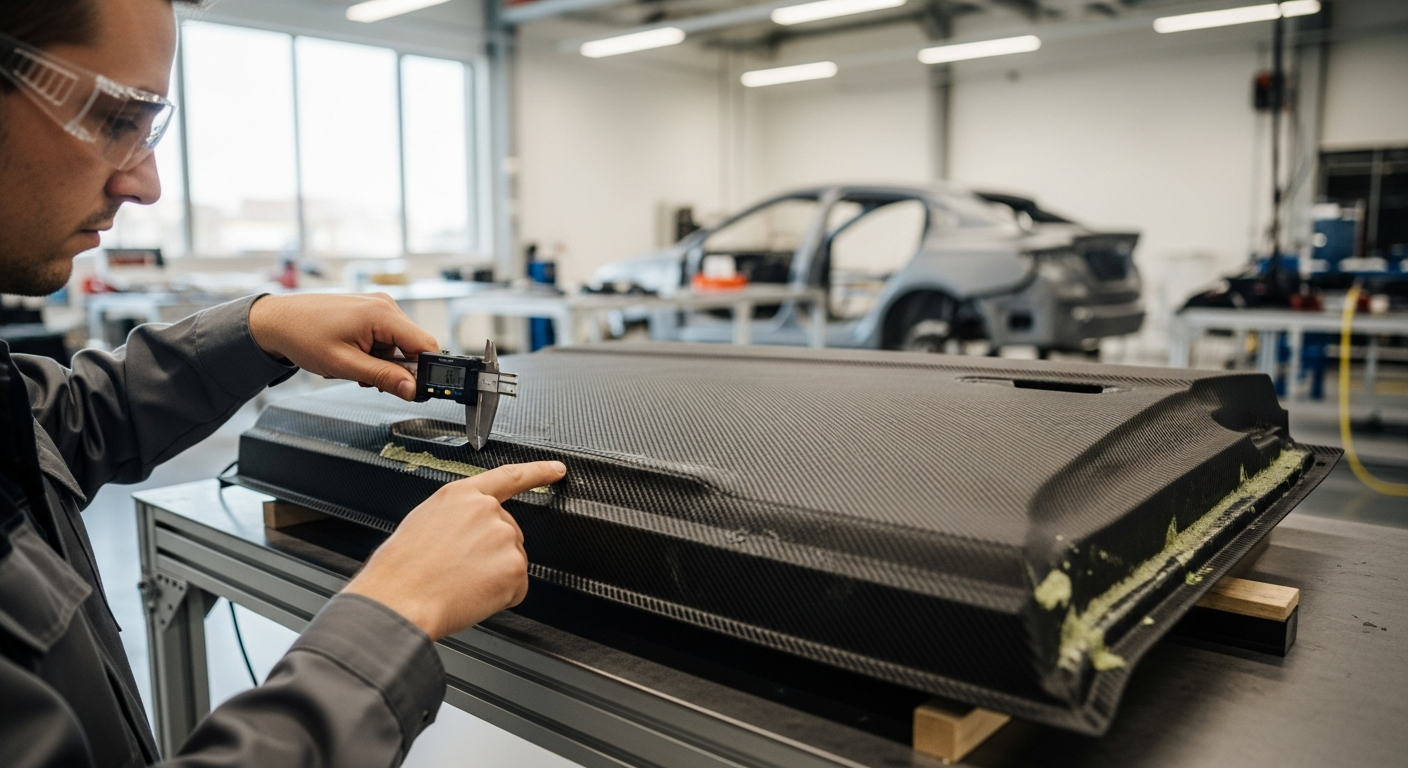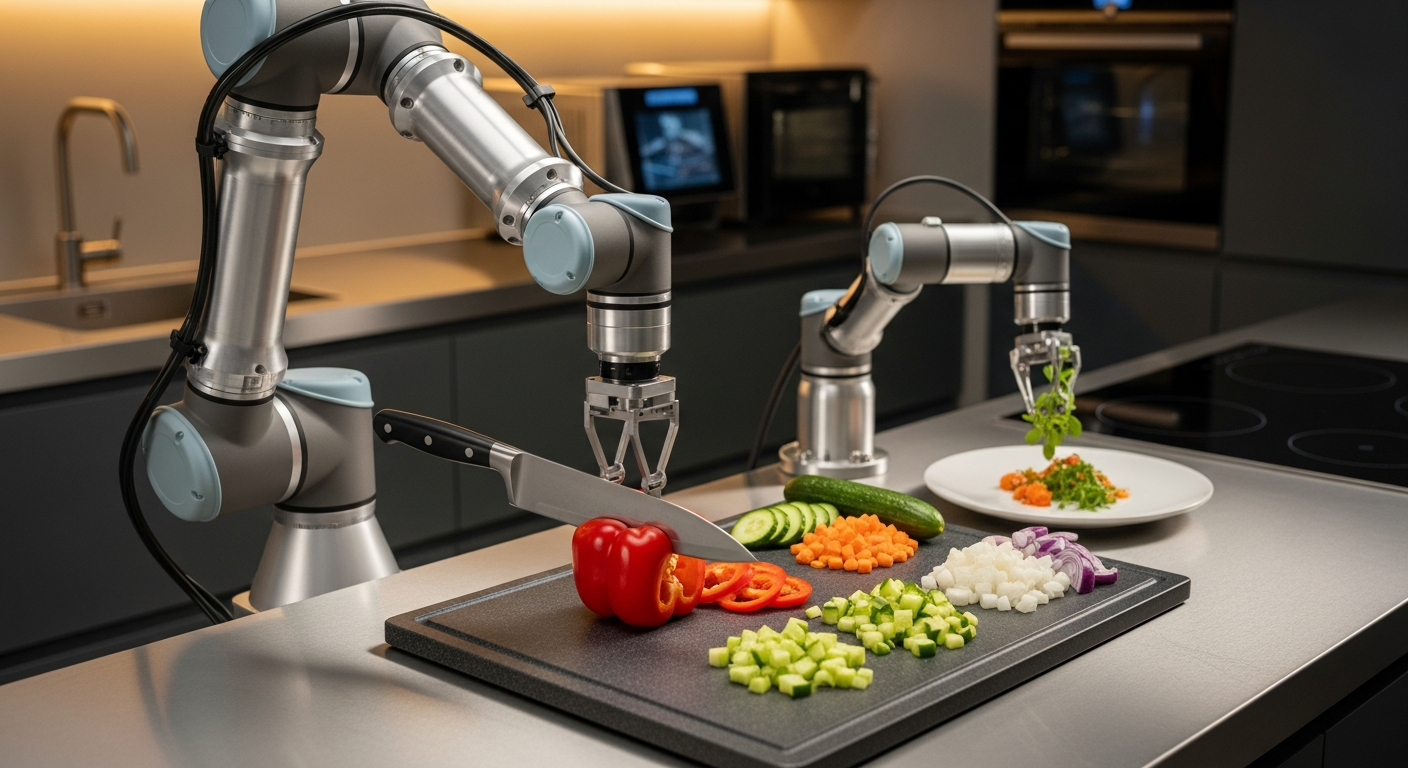Chrono-Nutrition: Timing Meals for Optimal Health
The concept of chrono-nutrition is revolutionizing the way we approach eating and health. This innovative dietary strategy focuses not just on what we eat, but when we eat it, aligning our meal timing with our body's natural circadian rhythms. Rooted in the fascinating field of chronobiology, this approach is gaining traction among nutritionists, fitness experts, and health-conscious individuals alike. By synchronizing our eating patterns with our internal biological clocks, chrono-nutrition promises to optimize metabolism, enhance weight management, and improve overall well-being. As we delve into this cutting-edge nutritional science, we'll explore how it's reshaping our understanding of diet and its potential to transform our approach to health and fitness.

Studies have revealed that our metabolism fluctuates throughout the day, with insulin sensitivity and glucose tolerance typically being higher in the morning and decreasing as the day progresses. This means that our bodies are better equipped to handle larger meals and carbohydrates earlier in the day, while later meals should ideally be lighter and lower in carbs. Understanding these natural fluctuations allows us to align our eating habits with our body’s innate rhythms, potentially leading to improved metabolic health and weight management.
Key Principles of Chrono-Nutrition
Implementing chrono-nutrition involves more than just adjusting meal times. It requires a holistic approach to eating that takes into account several key principles:
-
Timing of meals: The core of chrono-nutrition is eating in sync with our circadian rhythms. This typically means consuming larger meals earlier in the day and lighter meals in the evening.
-
Meal composition: The type of food consumed at different times of the day is crucial. For example, protein-rich breakfasts can help stabilize blood sugar levels and reduce cravings throughout the day.
-
Fasting periods: Incorporating periods of fasting, such as overnight fasting for 12-14 hours, can help reset the body’s internal clock and improve metabolic function.
-
Consistency: Maintaining regular meal times helps reinforce the body’s natural rhythms and can improve digestion and nutrient absorption.
-
Light exposure: Since light is a primary regulator of our circadian rhythms, exposure to natural light during meal times can enhance the benefits of chrono-nutrition.
Benefits of Chrono-Nutrition
The potential benefits of adopting a chrono-nutrition approach are wide-ranging and supported by a growing body of research. Some of the most notable advantages include:
-
Improved weight management: By aligning eating patterns with natural metabolic rhythms, chrono-nutrition can help optimize fat burning and reduce the likelihood of weight gain.
-
Enhanced metabolic health: Studies have shown that chrono-nutrition can improve insulin sensitivity and glucose tolerance, potentially reducing the risk of type 2 diabetes and metabolic syndrome.
-
Better sleep quality: Eating in sync with circadian rhythms can lead to improved sleep patterns, which in turn can positively impact overall health and well-being.
-
Increased energy levels: By providing the body with nutrients at optimal times, chrono-nutrition can help maintain steady energy levels throughout the day.
-
Improved digestion: Eating in alignment with the body’s natural rhythms can enhance digestive function and reduce symptoms of digestive discomfort.
Implementing Chrono-Nutrition in Daily Life
Adopting a chrono-nutrition approach doesn’t have to be complicated. Here are some practical tips for incorporating these principles into your daily routine:
-
Start with a substantial breakfast: Aim to consume 20-25% of your daily calories within an hour of waking up. Focus on protein-rich foods to kickstart your metabolism.
-
Make lunch your largest meal: Consume 30-35% of your daily calories at lunch, when your digestive system is most active.
-
Have a lighter dinner: Keep your evening meal smaller and lower in carbohydrates, ideally consuming it at least 3 hours before bedtime.
-
Avoid late-night snacking: Try to finish eating by 8 PM or at least 2-3 hours before going to bed to allow for proper digestion.
-
Stay hydrated: Drink water throughout the day, but limit fluid intake close to bedtime to avoid disrupting sleep.
-
Be consistent: Try to eat meals at the same time each day to reinforce your body’s natural rhythms.
Challenges and Considerations
While chrono-nutrition offers many potential benefits, it’s important to acknowledge that implementing this approach may present some challenges. Social obligations, work schedules, and personal preferences can all make it difficult to adhere strictly to chrono-nutrition principles. Additionally, individual variations in circadian rhythms mean that what works for one person may not be optimal for another.
It’s also crucial to note that chrono-nutrition should not be viewed as a one-size-fits-all solution. Factors such as age, health status, and activity levels can all influence an individual’s nutritional needs and optimal eating patterns. As with any significant dietary change, it’s advisable to consult with a healthcare professional or registered dietitian before implementing chrono-nutrition principles.
Future of Chrono-Nutrition
As research in chronobiology and nutrition continues to advance, the field of chrono-nutrition is likely to evolve and expand. Future studies may provide more detailed insights into how specific nutrients interact with our circadian rhythms and how we can further optimize our eating patterns for health and longevity.
The integration of technology, such as wearable devices that track sleep patterns and metabolic markers, could also play a role in personalizing chrono-nutrition approaches. This could lead to more tailored recommendations based on an individual’s unique circadian rhythms and lifestyle factors.
In conclusion, chrono-nutrition represents an exciting frontier in the world of health and wellness. By aligning our eating habits with our body’s natural rhythms, we have the potential to optimize our health, improve our energy levels, and enhance our overall well-being. As we continue to unravel the complex relationships between time, nutrition, and health, chrono-nutrition may well become a cornerstone of future dietary recommendations and personalized health strategies.






